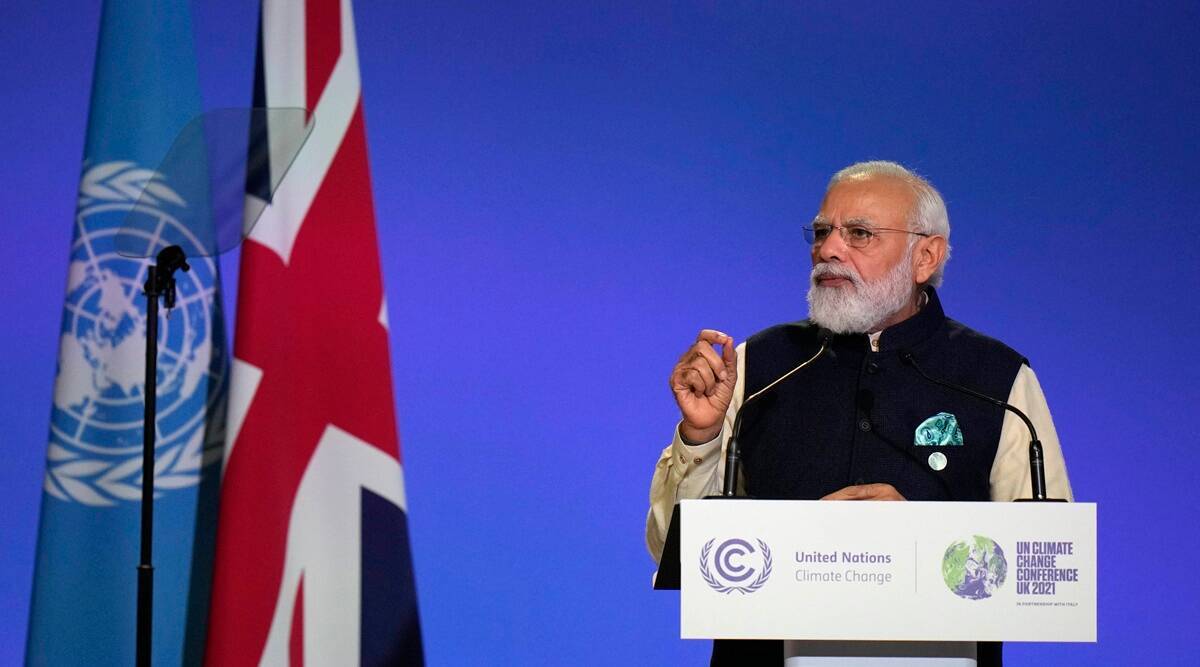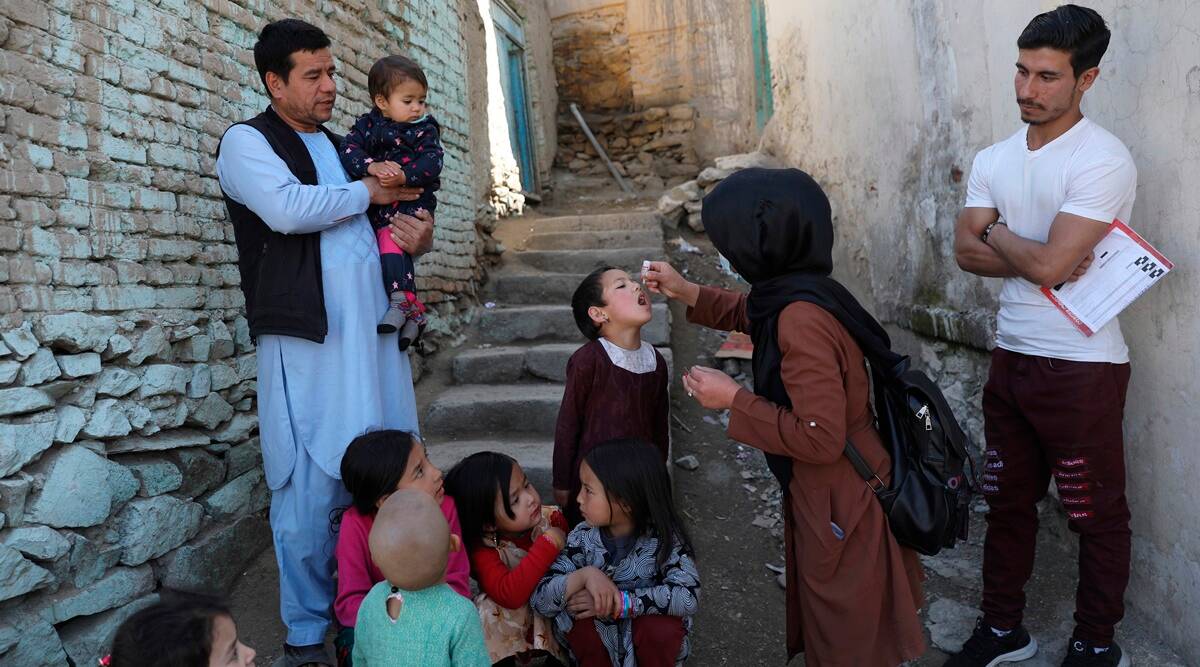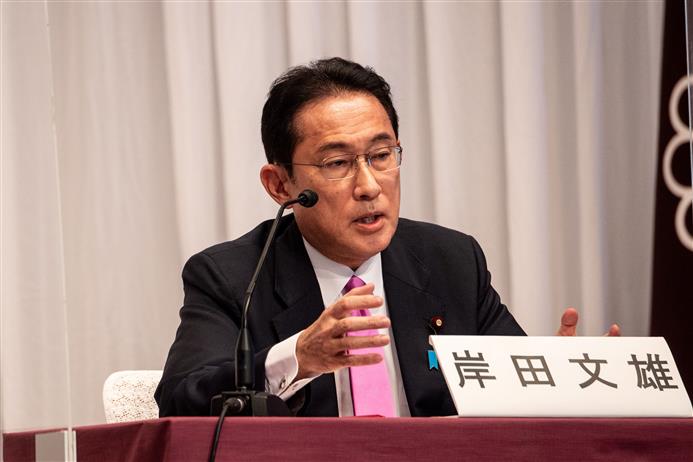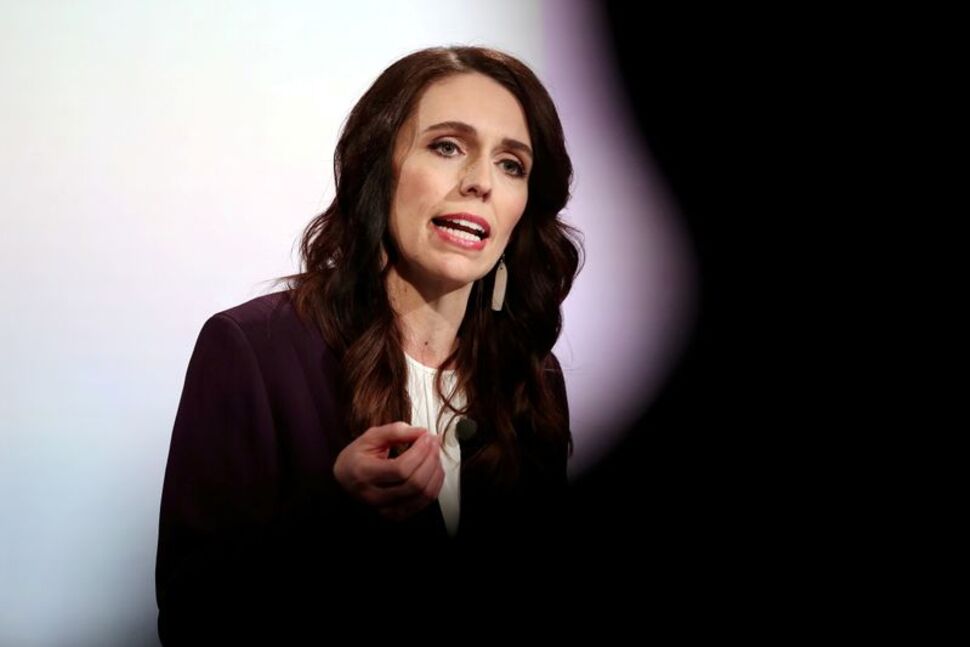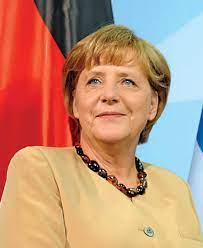
11/19/2022
Doha, Qatar, Nov. 19: The tiny but fabulously wealthy Gulf nation of Qatar has spent 12 years preparing to host soccer’s World Cup, a marathon of planning and patience during which it has redrawn an entire nation by building stadiums and hotels, roads and sidewalks, even a gleaming new subway system.
Yet it was not until Friday that it finally settled on what to do about the sale of beer during the tournament, and the decision — to the consternation of the roughly 1 million fans set to arrive in the coming days — was to ban the sale of it at the event’s eight stadiums.
The decision announced by FIFA, soccer’s global governing body, was an abrupt about-face by Qatar, and the latest flash point in the ongoing culture clash inherent in staging the tournament in a small, conservative Middle Eastern monarchy.
Ever since Qatar was surprisingly awarded the hosting rights to the tournament more than a decade ago, local organizers and global soccer leaders had insisted that beer — a fixture at sporting events around the world, but one that is tightly controlled in Qatar — would be available for fans. Two days before the World Cup’s first game, though, that message changed.
Instead, Qatari officials have decided that the only drinks that will be on sale to fans at games during the monthlong World Cup will be nonalcoholic.
It is unclear what prompted the ban so close to the tournament, but the sudden change was in keeping with the tournament’s ever-shifting policy toward alcohol, and its availability to fans attending games. Plans have repeatedly been drawn up and then revised, and then remade again — a possible signal that domestic politics or even royal family influence were playing a role.
“Following discussions between host country authorities and FIFA, a decision has been made to focus the sale of alcoholic beverages on the FIFA Fan Festival, other fan destinations and licensed venues,” FIFA said. The decision, it said, would require “removing sales points of beer from Qatar’s FIFA World Cup 2022 stadium perimeters.”
The decision to ban beer comes a week after an earlier edict that dozens of red beer tents covered in the branding a Budweiser, a longstanding World Cup sponsor, would have be moved to more discreet locations at the World Cup’s eight stadiums, away from where most of the crowds attending the games would pass.
Staff members, according to three people with direct knowledge of that earlier change, were told the move followed security advice. But the belief that the change had originated with Sheikh Jassim bin Hamad bin Khalifa al-Thani — the brother of Qatar’s ruling emir and the royal most active in the day-to-day planning of the tournament — suggested it was nonnegotiable.
Now beer will not merely be hidden out of view: It will not be available to fans at all.
The ban is the latest and most dramatic point of contention between FIFA and Qatar, which had sought and won the right to host the World Cup as part of an ambitious effort to announce itself on the global stage. In recent weeks, Qatari government leaders, including the emir, have mounted an increasingly strident defense of their nation.
But it also will complicate FIFA’s $75 million sponsorship agreement with Budweiser; infuriate fans already chafing at restrictions, costs and inconveniences around the event; and once again leave organizers scrambling to adjust in the final hours before the tournament begins.
But it also suggested that FIFA, which has faced years of blistering criticism for its decision to bring its showpiece championship to Qatar, may no longer be in full control of major decisions related to its event. A decade ago, for example, the soccer body pressured Brazil for just the opposite outcome: leaning on the Brazilian government to change a law in order to allow beer to be sold in stadiums, a practice that had been banned in Brazil since 2003.
In Qatar, FIFA has instead bowed to the demands of the host country. That raised the possibility that other promises that run counter to local laws and customs — including issues like press freedom, street protests and the rights of LGBTQ+ visitors — were not as rock-solid as Qatar and FIFA have said.
The Football Supporters’ Association, a fan advocacy group based in Britain, criticized the decision.
“Some fans like a beer at a game and some don’t, but the real issue is the last minute U-turn which speaks to a wider problem — the total lack of communication and clarity from the organizing committee toward supporters,” the group said in a statement.
“If they can change their minds on this at a moment’s notice, with no explanation, supporters will have understandable concerns about whether they will fulfill other promises relating to accommodation, transport or cultural issues.”
The ban on alcohol consumption seemed to apply only to fans attending games. Beer and other drinks, including an official FIFA champagne and an array of sommelier-selected wines, will still be available in stadium luxury suites reserved for FIFA officials and other wealthy guests.
Qatar has grappled with the subject of alcohol ever since the tiny Gulf nation was awarded World Cup hosting rights in 2010. Alcohol is available in the country, but sales are strictly controlled. Most visitors, even before the World Cup, were permitted to buy beer and other alcoholic beverages only in upscale hotel bars and at unusually high prices.
World Cup organizers appeared eager to mollify Budweiser and its corporate parent, the Belgium-based multinational Anheuser-Busch InBev, saying, “tournament organizers appreciate AB InBev’s understanding and continuous support to our joint commitment to cater for everyone.”
Representatives for Budweiser, who had suggested last week that they were blindsided by Qatar’s earlier changes to their sales strategy for the World Cup, did not immediately reply to requests for comment.
Initially, the company’s only public statement was a wry one from its Twitter account, which wrote, “Well, this is awkward….” The tweet was deleted about 90 minutes later, and just before FIFA’s statement was released.
Later in the day, a representative of the company said it would have to cancel some of its marketing plans for the World Cup “due to circumstances beyond our control.”
Last week, Qatari organizers tried to play down the rising tension over beer sales, a fixture of World Cups for generations, by saying that operational plans were still being finalized, and that changes were still being made in “the location of certain fan areas.” Its statement also noted that “pouring times and the number of pouring destinations” remained the same at all eight stadiums.
Budweiser, which pays FIFA the $75 million for each four-year World Cup cycle, had said it was working with organizers “to relocate the concession outlets to locations as directed.”
The newest plan means that the brewer’s red tents now may not be visible at all around stadiums; unbranded white replacements are being considered. Refrigerators in the company’s famous red colors are likely to be replaced by blue ones, the color associated with Budweiser’s nonalcoholic brand, Budweiser Zero.-Agencies
